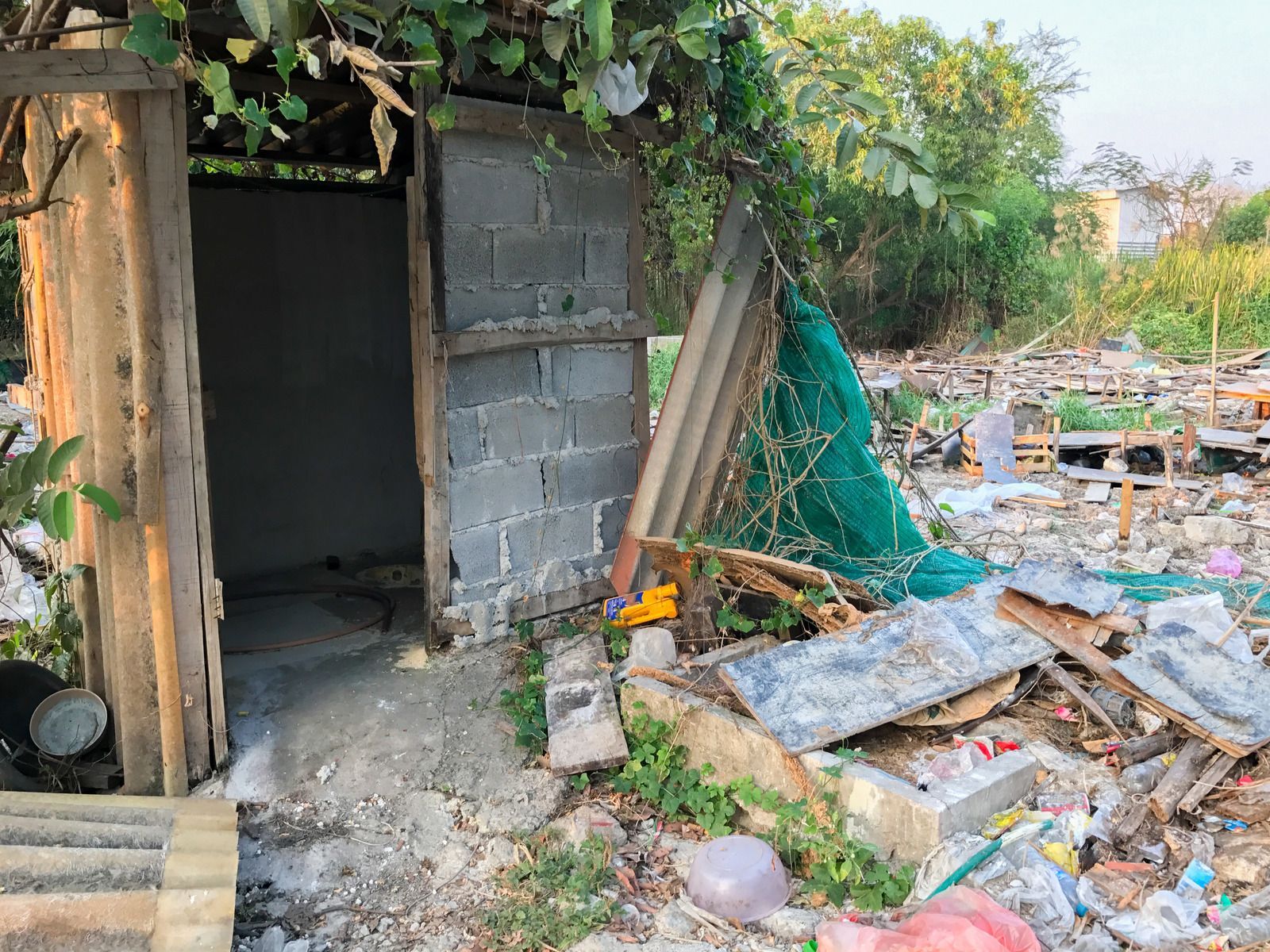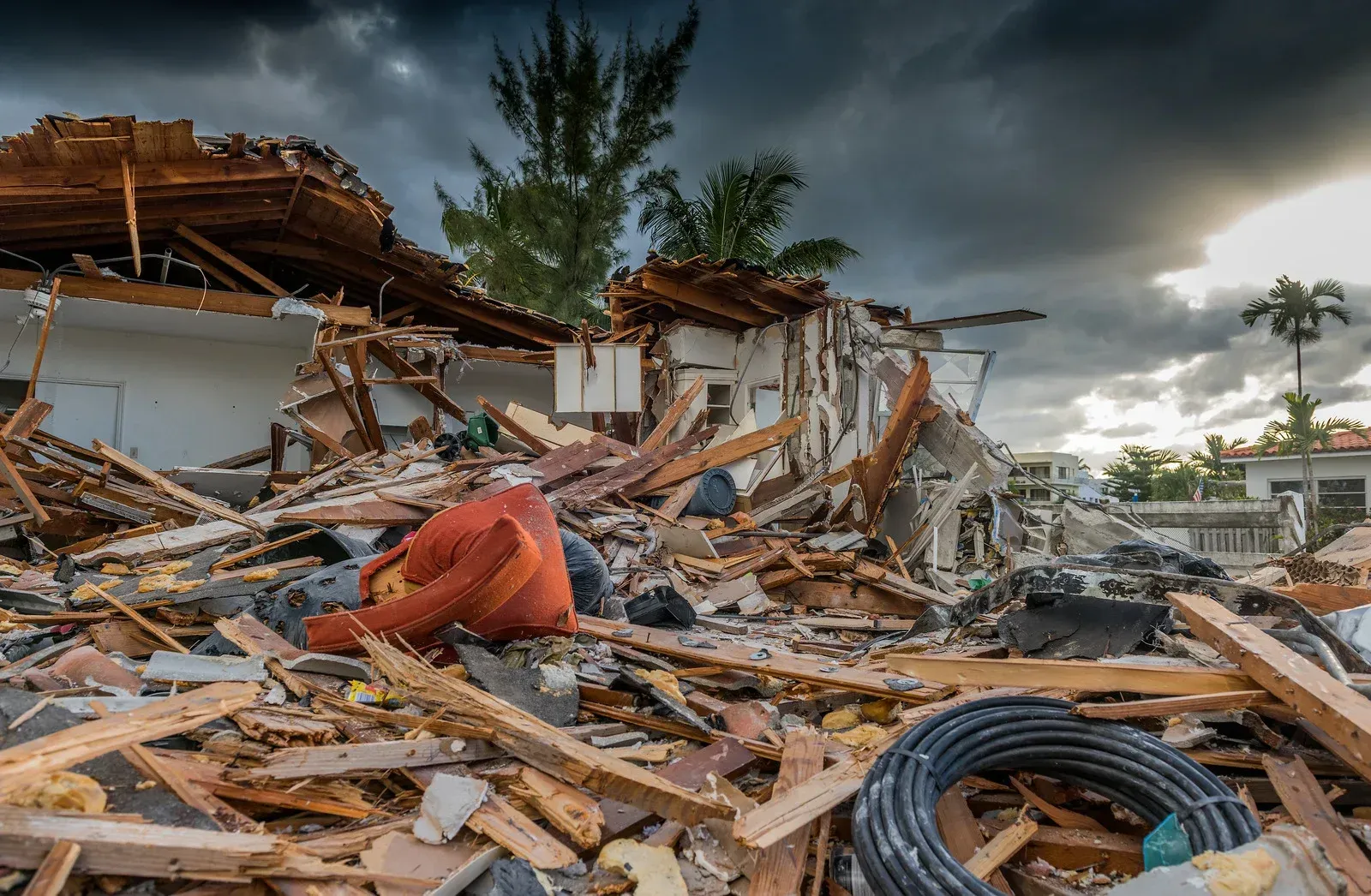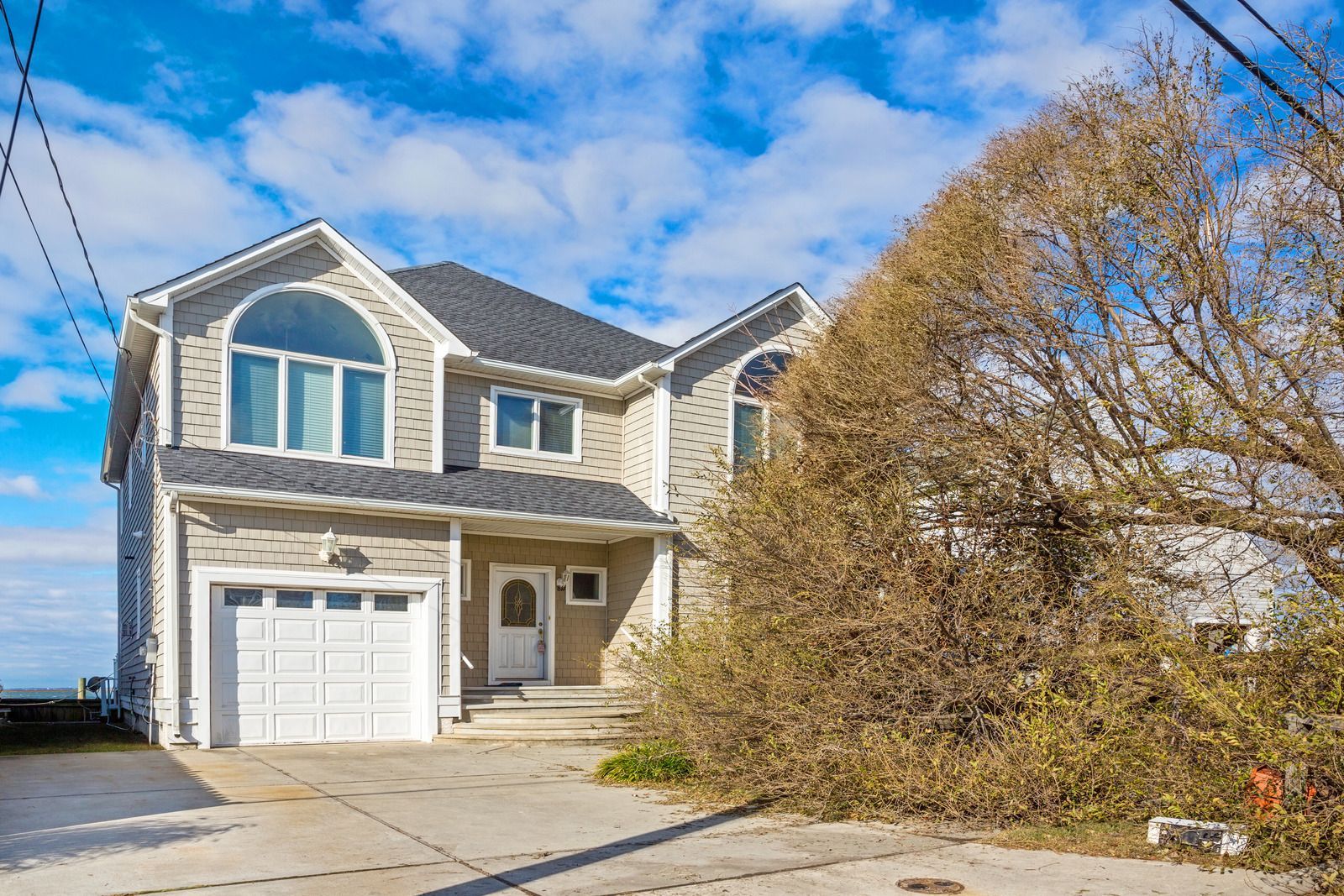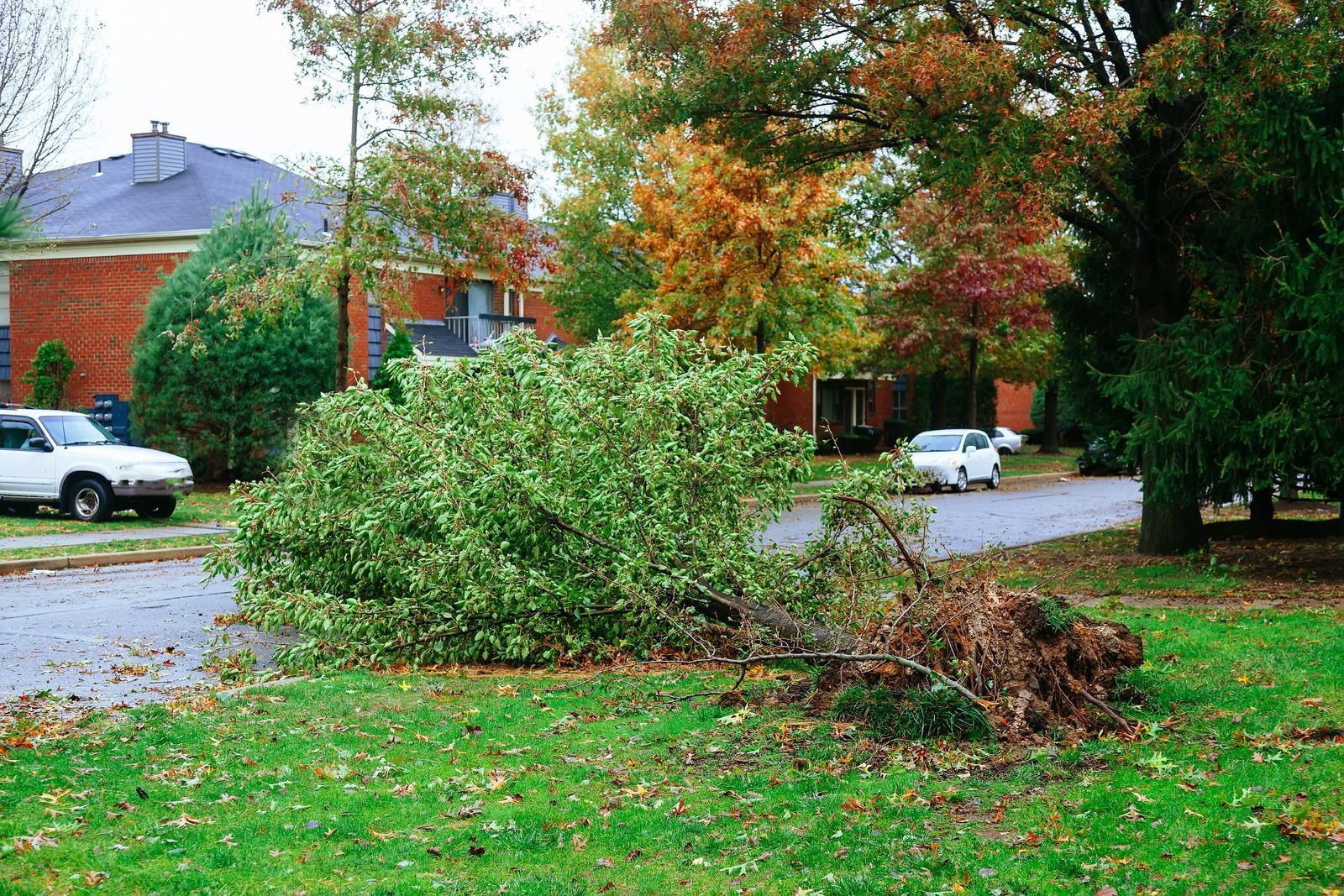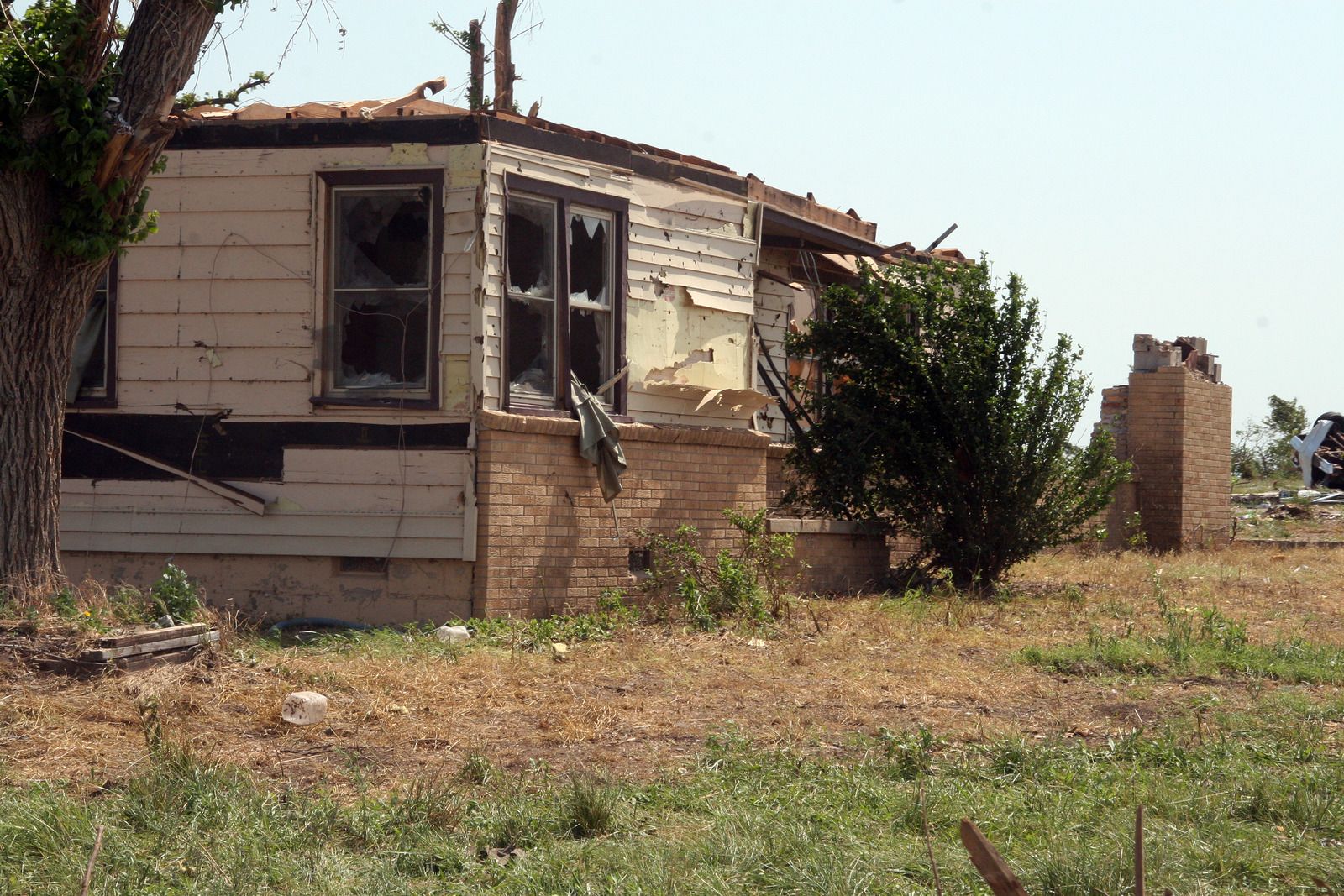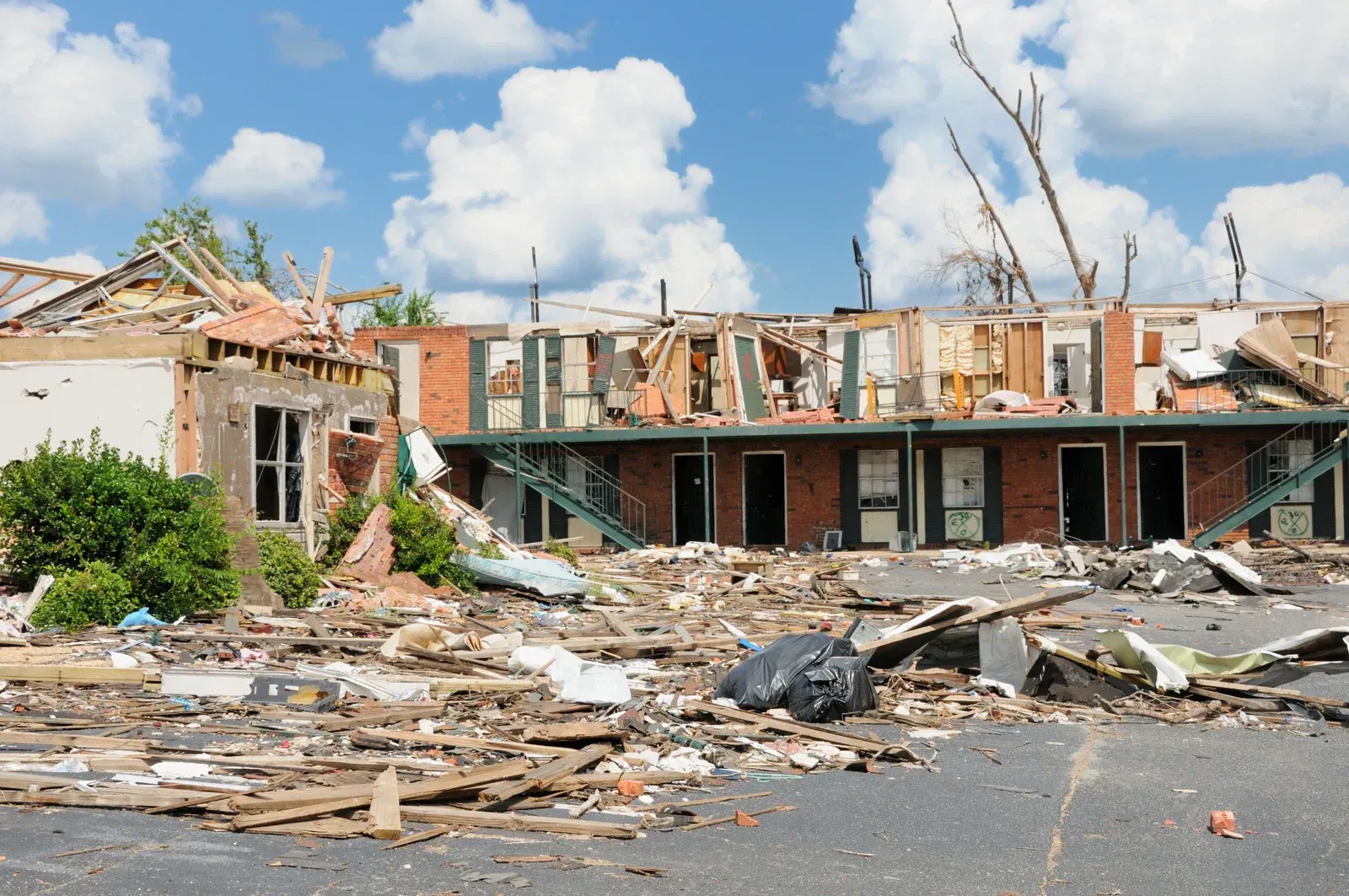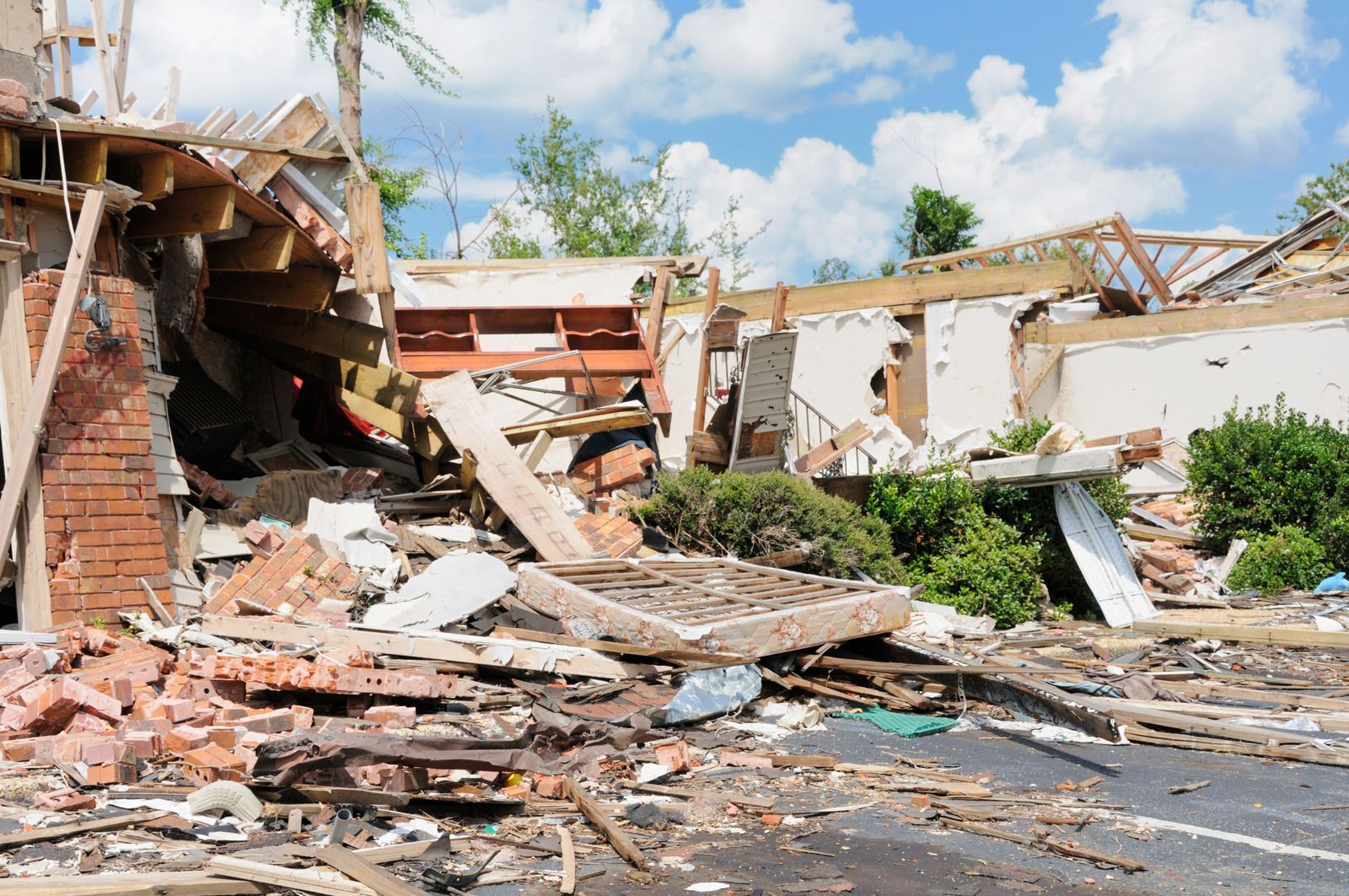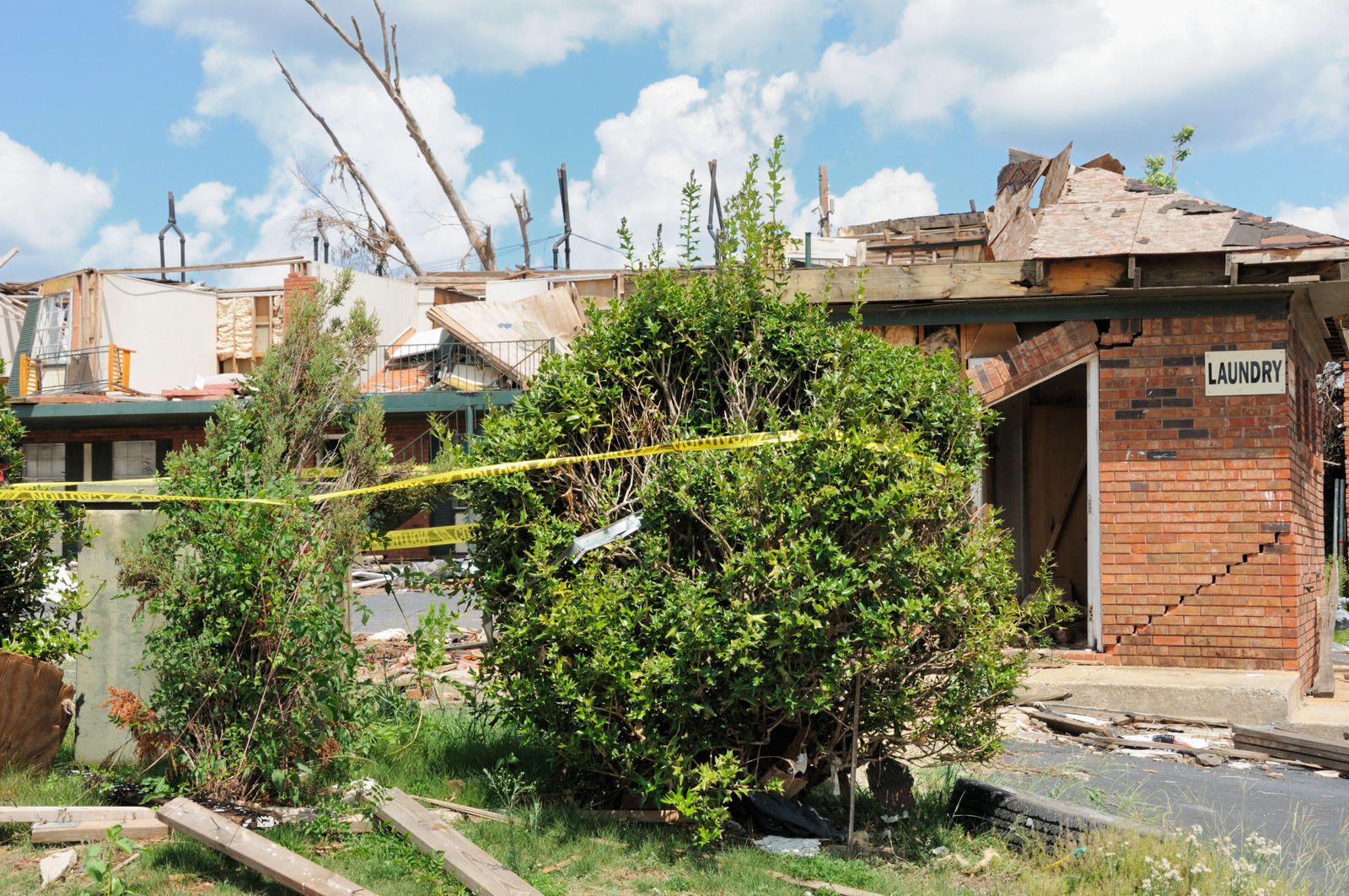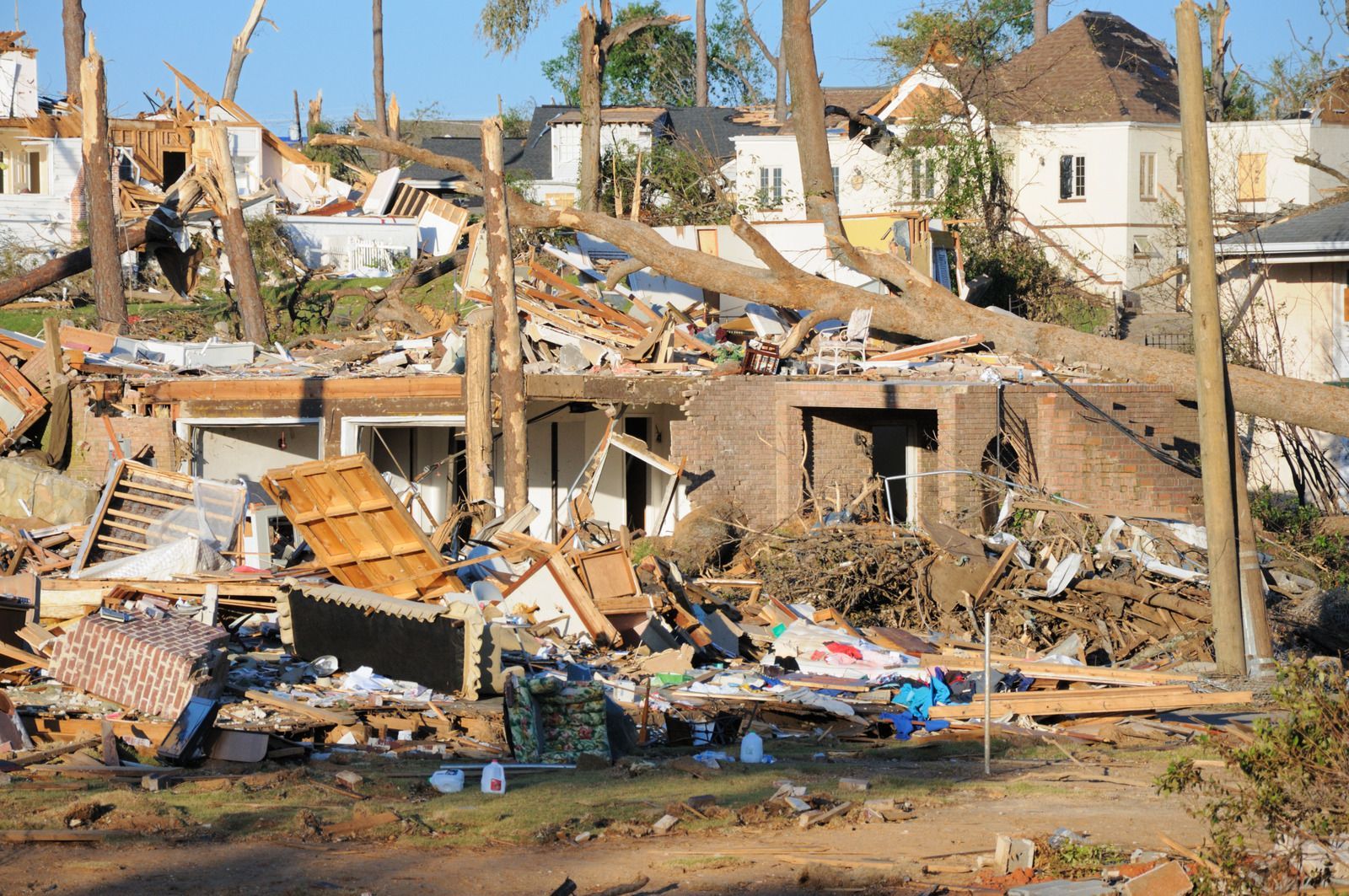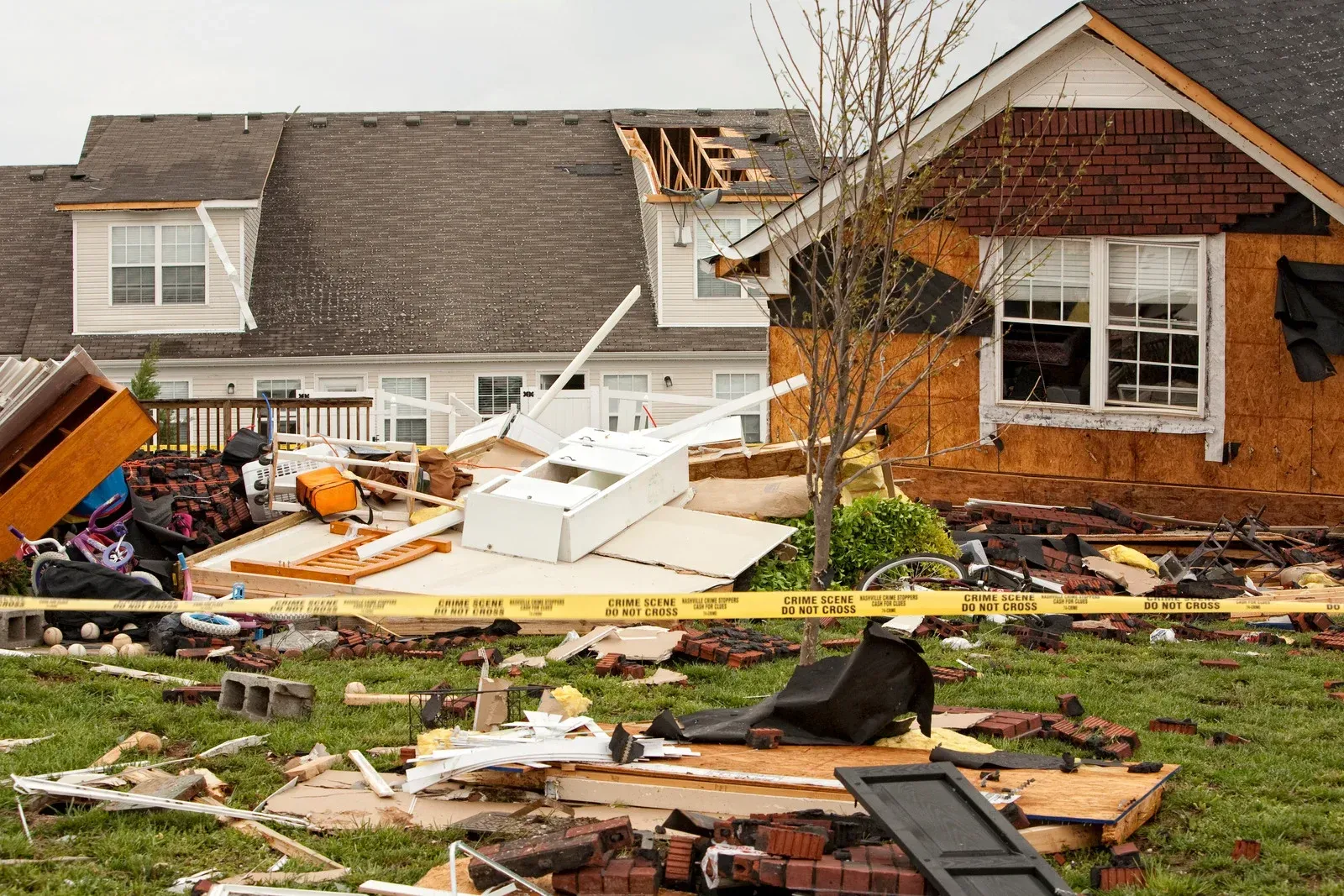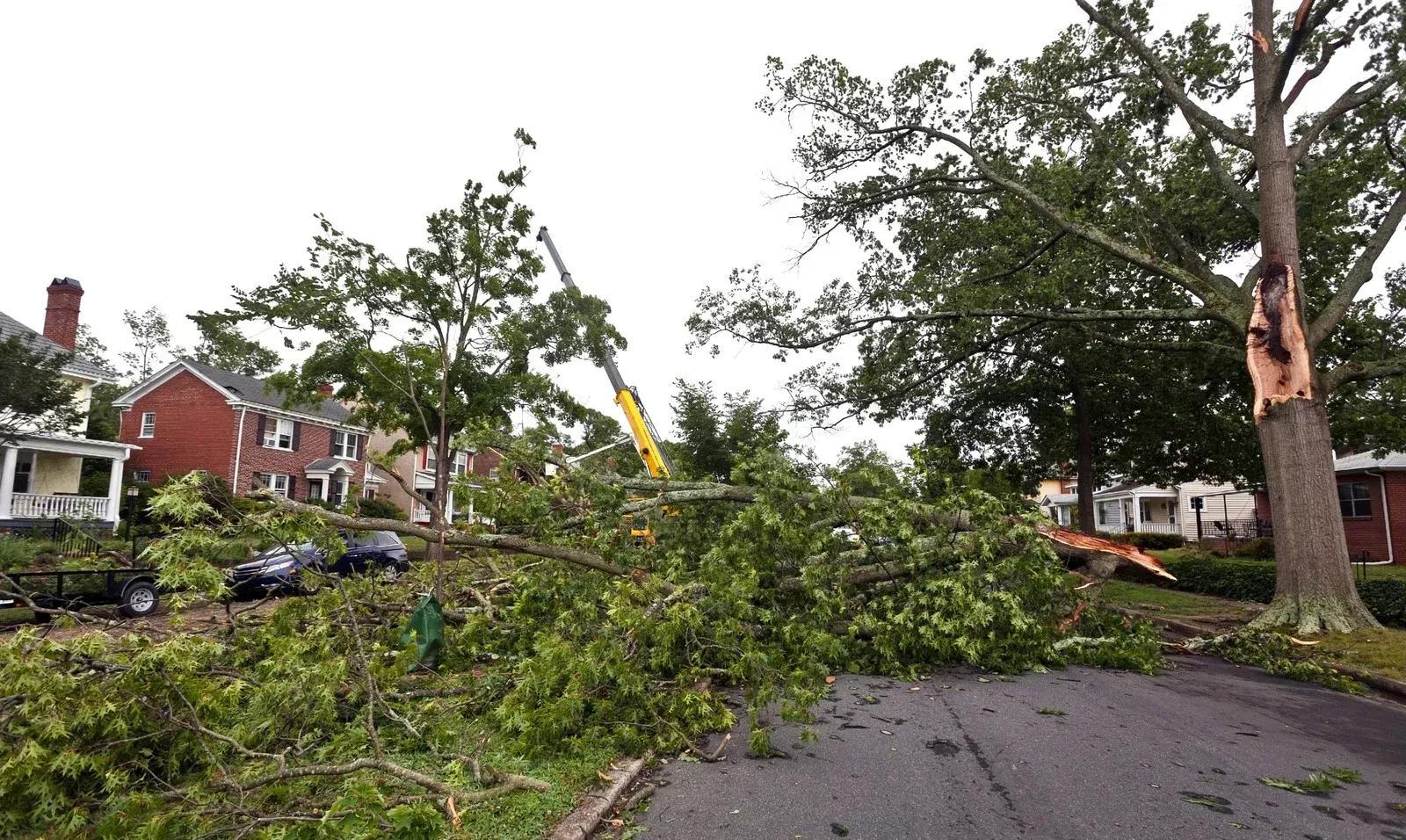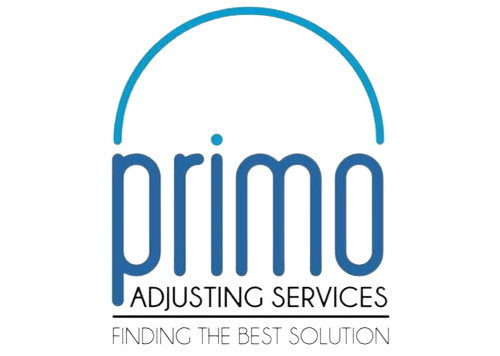Port Charlotte Hurricane Milton Damage Recovery Services
As residents of Port Charlotte begin to assess the aftermath of Hurricane Milton, the focus now shifts from preparation to recovery. This devastating storm has left many homeowners and property owners grappling with significant damage. Knowing how to navigate the recovery process is crucial for restoring your home and securing the necessary compensation for repairs.
Understanding the Damage
Once the storm has passed, assessing the damage to your property should be a top priority. Common damages from hurricanes include:
- Roof Damage: Shingles may be missing or damaged, leading to potential leaks.
- Flooding: Heavy rain and storm surges can cause water to infiltrate homes, damaging flooring, walls, and personal belongings.
- Wind Damage: Strong winds can uproot trees, which may fall on homes or vehicles, causing structural damage.
- Broken Windows and Doors: High winds can shatter glass or force doors open, compromising home security.
It is crucial to document all damages by taking photographs and making detailed notes. This documentation will be essential when filing an insurance claim.
Safety First
Before re-entering your home, ensure that it is safe. Check for any hazards, such as downed power lines or unstable structures. If you suspect severe damage, contact local authorities to inspect the property. Always prioritize your safety and the safety of your loved ones.
FEMA Resources
After a natural disaster, various resources are available to assist homeowners in recovery. The Federal Emergency Management Agency (FEMA) provides guidelines on disaster recovery and assistance. Their website offers information on how to apply for aid, eligibility requirements, and tips for disaster preparedness for future events. Visit the
FEMA website for more information.
Filing an Insurance Claim
Once the damages have been documented and safety has been established, it’s time to file an insurance claim. Follow these steps to ensure a smooth claims process:
1. Review Your Policy
Understanding your insurance policy is crucial. Check what types of damage are covered under your homeowners’ policy. Many policies cover hurricane damage, but specific terms and conditions may apply.
2. Contact Your Insurance Company
Report the damages to your insurance company as soon as possible. Provide them with the documentation you gathered, including photos and notes about the extent of the damage. Be clear and concise when describing the situation.
3. Keep Records
Maintain a record of all communications with your insurance company. This includes emails, phone calls, and any correspondence. Keeping detailed notes will help if any disputes arise during the claims process.
4. Obtain Repair Estimates
Get estimates from contractors for the repairs needed. This information will be helpful in supporting your claim and ensuring you receive adequate compensation. It’s advisable to get multiple estimates to compare costs.
5. Follow Up
After submitting your claim, regularly follow up with your insurance company to check the status. This proactive approach will help expedite the process and keep you informed.
Understanding Common Claims Issues
Unfortunately, insurance claims can sometimes be a complicated process. Here are some common issues you may encounter:
Denied Claims
If your claim is denied, review the reasons provided by your insurance company. If you believe the denial was incorrect, gather evidence and appeal the decision.
Underpayment
Sometimes, insurance companies may not fully compensate you for the damage. If you believe you are owed more, consult with a property damage adjuster who can help evaluate your claim and negotiate with the insurer on your behalf.
Local Resources for Assistance
In addition to FEMA, local organizations may provide support during this challenging time. Community groups and non-profit organizations often offer resources for those affected by hurricanes, including temporary housing, food, and financial assistance.
Reach out to local government offices or community centers to learn more about available resources in Port Charlotte.
Preparing for Future Hurricanes
Once you’ve navigated the recovery process, consider taking steps to prepare for future hurricanes. Here are some tips:
- Create an Emergency Plan: Ensure all family members know what to do and where to go during a hurricane.
- Conduct a Home Inventory: Keep an updated inventory of your possessions, including photos and receipts, which can aid in future claims.
- Consider Flood Insurance: If you live in a flood-prone area, explore flood insurance options to protect your home and belongings.
Navigate Your Hurricane Recovery with Expert Help
In conclusion, recovering from Hurricane Milton's aftermath requires careful planning and support. By documenting damages and understanding your insurance policy, you can streamline the claims process. Don’t hesitate to seek professional assistance to ensure you receive fair compensation for your losses. Remember, you’re not alone in this journey. For expert guidance tailored to your needs, Primo Adjusting Services is here to help you navigate your recovery and maximize your insurance claims, ensuring a smoother path to restoring your home.
